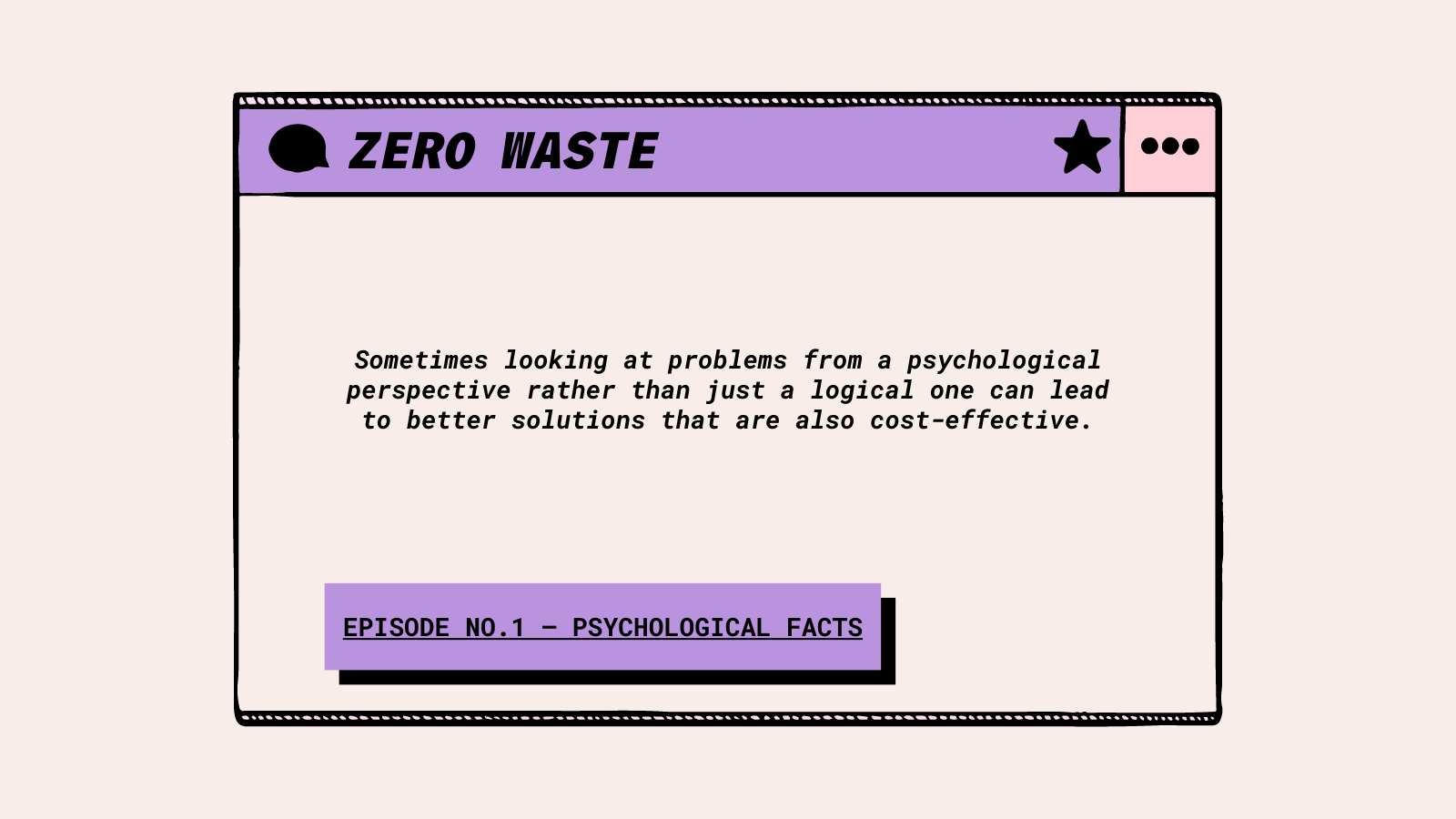“Sometimes looking at problems from a psychological perspective rather than just a logical one can lead to better solutions that are also cost-effective.”
The statement suggests that when addressing problems or challenges, considering psychological factors alongside logical reasoning can often result in more effective and efficient solutions. It acknowledges that human behaviour, emotions, and cognitive processes play a significant role in decision-making and problem-solving.
- Understanding Human Behavior: When it comes to people’s behaviour, psychological factors like motivations, emotions, biases, and social dynamics have a significant influence. Considering these factors, solutions can be customized to better match how individuals are expected to react.
- Emphasizing User Experience: A deep understanding of human psychology is crucial in various fields such as design, marketing, and product development. It helps create more user-friendly and appealing experiences that can result in better reception of products, services, or interventions.
- Conflict Resolution: When faced with conflicts or disputes, it’s essential to consider the psychological factors of those involved. This can help find solutions that address any emotional issues underlying the situation, thereby reducing the likelihood of further escalation and fostering more long-lasting agreements.
- Behavioural Change: Promoting positive behaviours like adopting healthy habits can be challenging regarding public health. Understanding the psychological obstacles that prevent people from making changes is essential. By customizing interventions to address these barriers, we can increase the likelihood of successful behaviour change.
- Decision-Making: It’s essential to recognize that people don’t always make decisions based solely on rational thinking. Emotions, biases, and heuristics can all play a role in influencing decisions. To help individuals make choices that align with their long-term goals, it’s necessary to consider these factors and design solutions accordingly.
- Employee Productivity and Well-Being: In the workplace, taking into account the psychological needs and motivations of employees can lead to strategies that boost job satisfaction, inspiration, and overall well-being. This can ultimately result in increased productivity and decreased turnover rates.
- Economic Considerations: The term “cost-effective” in the statement implies that solutions derived from a psychological perspective may benefit outcomes and resource utilization. Understanding the psychological factors affecting stakeholders can help allocate resources more efficiently.
- Innovation and Creativity: Looking at things from a psychological perspective can inspire creative thinking by exploring unconventional approaches that align with human psychology. This may create distinct solutions that may not have been evident purely logically.
It is crucial to incorporate psychological insights into problem-solving processes. This approach enables the development of more comprehensive solutions that consider not only the logical aspects of a problem but also the complex and sometimes unpredictable human factors that impact the emergence and resolution of problems.













